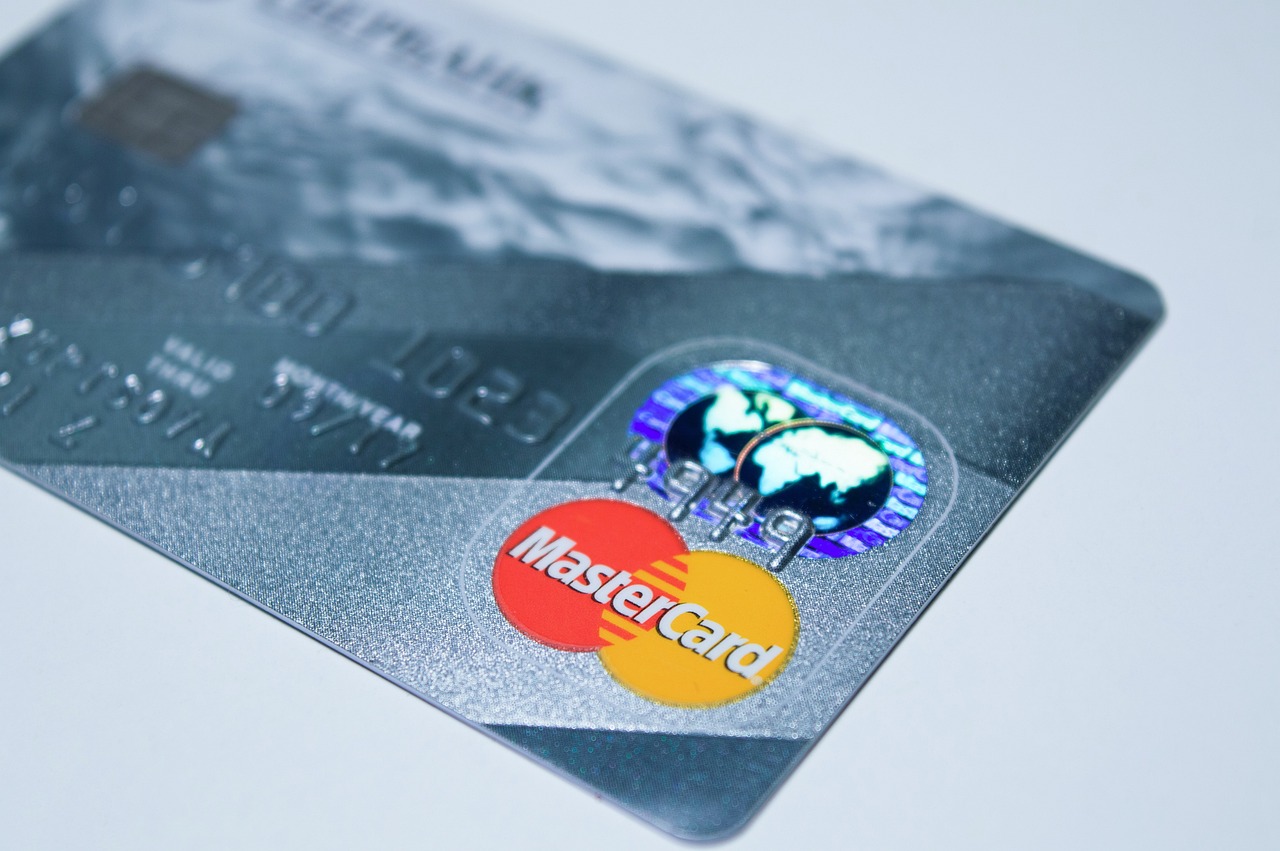In many places, cannabis remains federally illegal, the U. S. Is one of those places. While certain states or regions had passed their own laws to decriminalize or legalize it for medical or recreational use.
Financial institutions, including credit card companies like Mastercard, have to navigate complex legal landscapes and regulatory requirements in the jurisdictions where they operate. In countries where cannabis is still federally illegal, businesses in the cannabis industry may face challenges when it comes to accepting credit or debit card payments.
Mastercard, like other major credit card companies, has its own set of rules and policies regarding the types of transactions it will support. While they may allow transactions in regions where cannabis is legal under local laws, they might choose to prohibit transactions related to cannabis in places where it remains federally illegal. This decision is typically influenced by a combination of legal, regulatory, and risk management considerations.
The legal status of cannabis can also impact a company’s risk assessment and compliance with anti-money laundering (AML) and anti-fraud regulations. Given the differences in laws and regulations across various jurisdictions, financial institutions often take a conservative approach to avoid any potential legal or reputational risks associated with processing transactions related to federally illegal substances.
It is worth noting that the landscape regarding cannabis legalization and regulation is continuously evolving. Changes in laws and public attitudes toward cannabis may lead to adjustments in the policies of financial institutions like Mastercard in the future. Businesses operating in the cannabis industry must stay informed about the laws and regulations in their specific region and explore alternative payment options to address the challenges posed by the current financial system’s restrictions.


